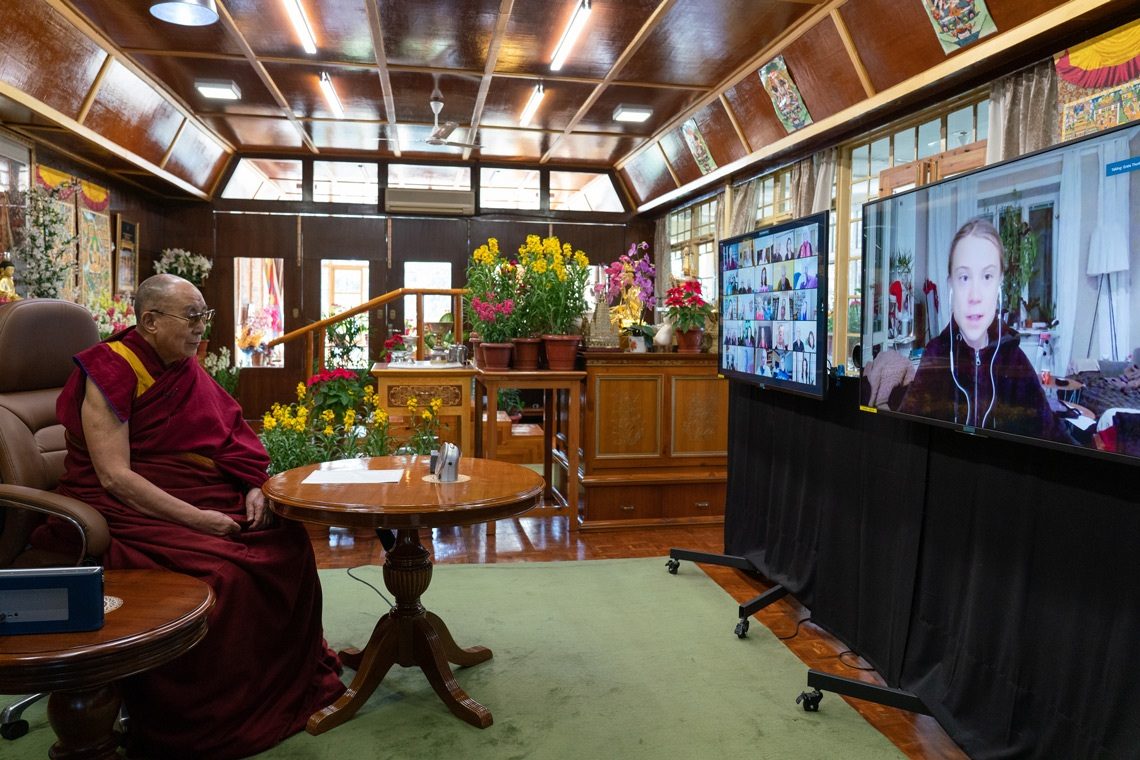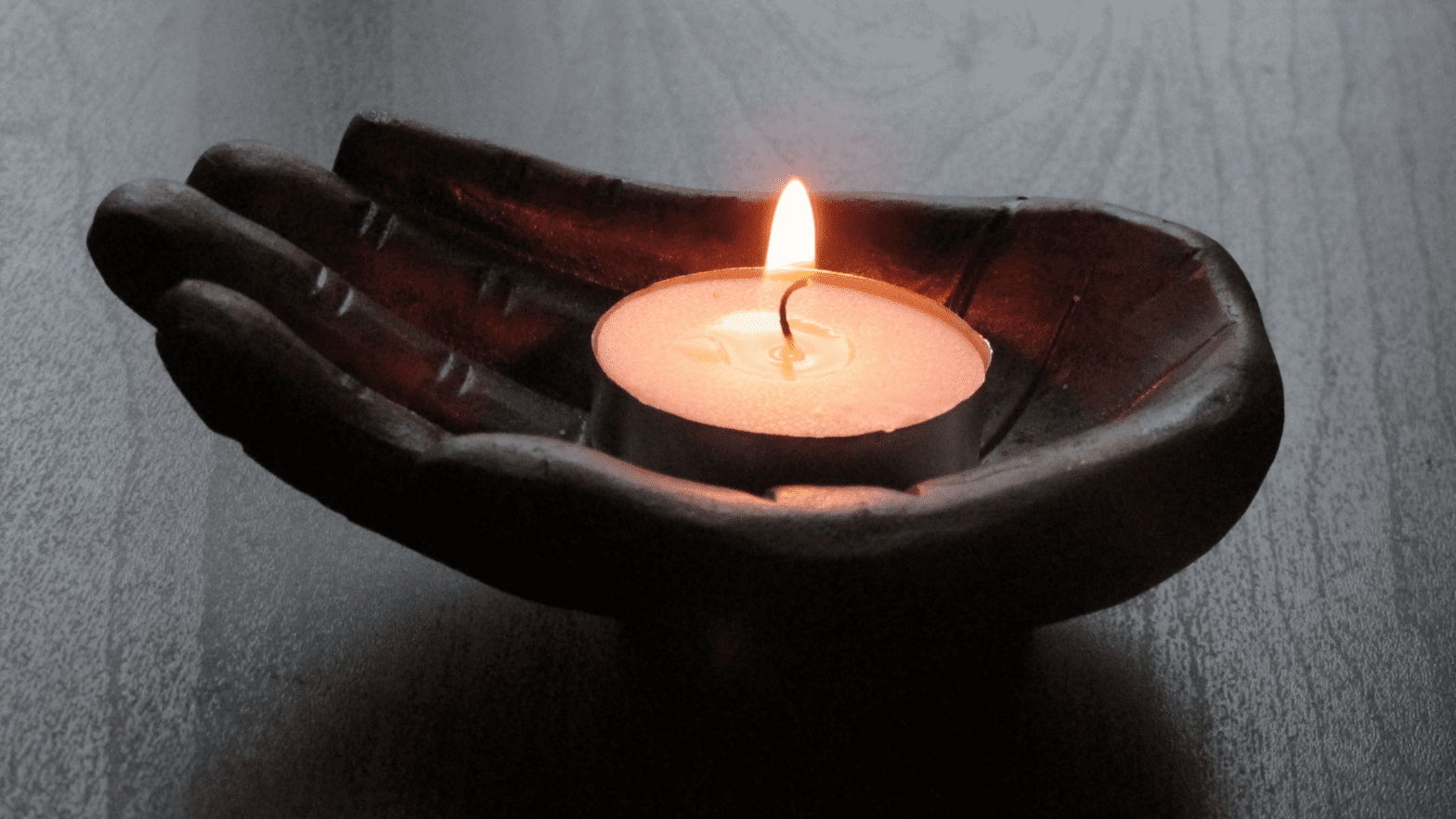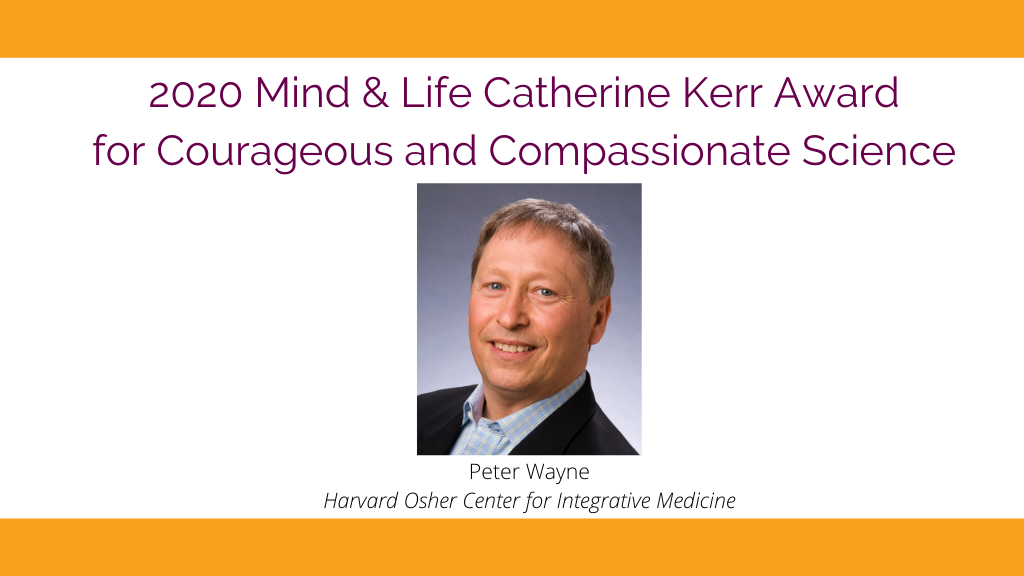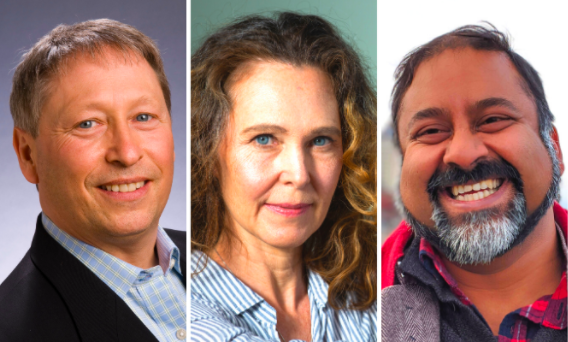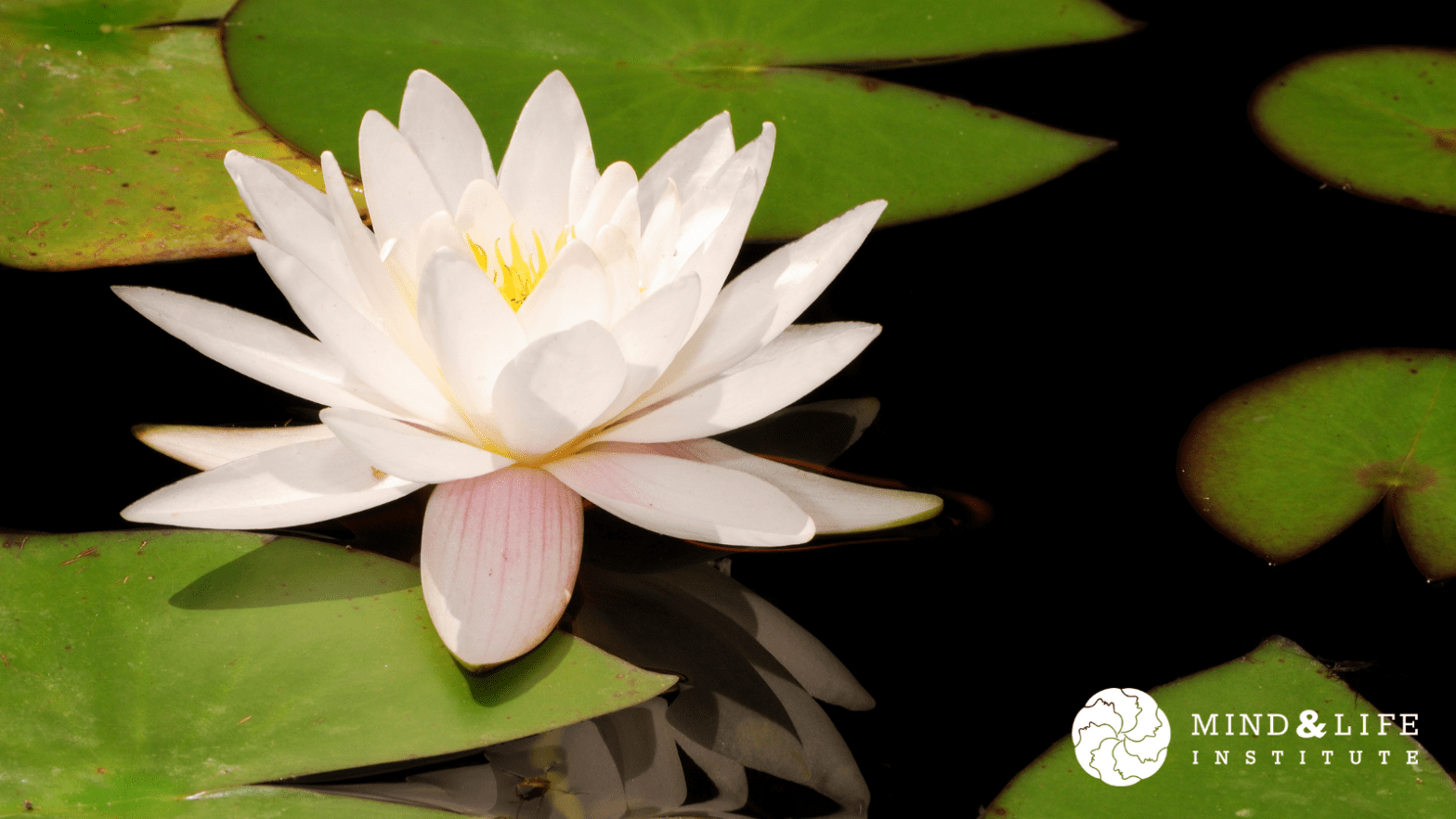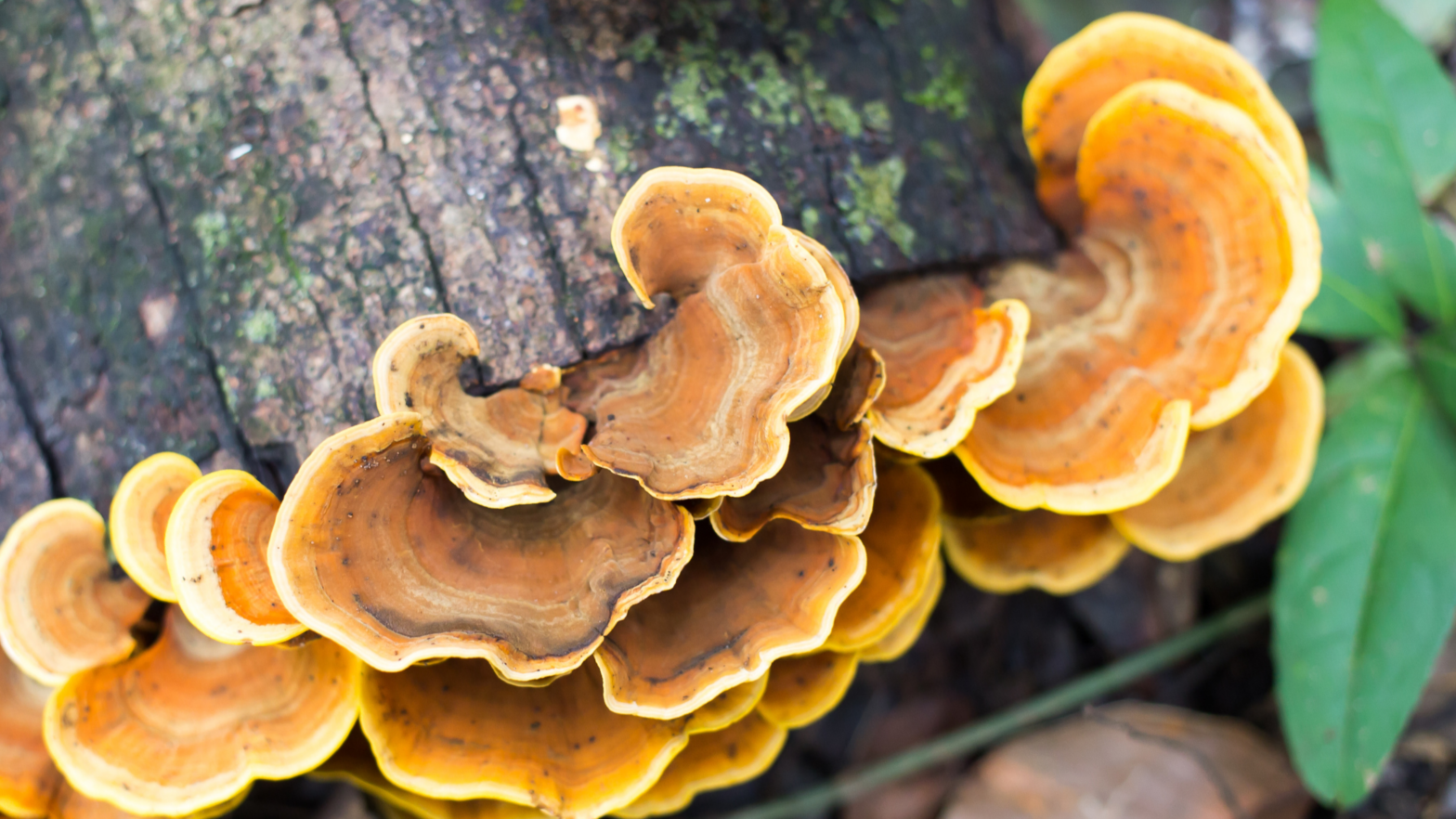The Dalai Lama and climate activist Greta Thunberg met—for the first time—alongside prominent climate scientists to deliver a shared message: We must act swiftly to address climate change, and particularly the threat of climate feedback loops, before it’s too late. An audience spanning the globe tuned in to the free, livestream event hosted by the …
Topic Archives:
Cultural Variance in Self-Compassion: An Examination of the Cultural Dimensions of the Self-Compassion Concept within Tibetan Communities
The concept of self-compassion is widely used in contemplative science, and there is growing research showing its strong relationship to individual physical and mental wellbeing. However, evidence suggests that ‘self-compassion’ as conceptualized by Western Buddhist scholars and academics for primarily western audiences may lack validity in non-western and particularly Buddhist communities. This study investigates how …
Examining Individual Differences in Contemplative Practice Response
As an intellectual tradition that codeveloped with Tibetan Buddhism for over a thousand years, Tibetan medicine has cultivated clinically-focused knowledge around tracking individual differences related to cognitive-affective patterns and their contingent contexts that impact health and illness in body and mind across the life course. In particular, Tibetan medicine places specific attention on the role …
Continue reading “Examining Individual Differences in Contemplative Practice Response”
Bridging Psychology and Contemplative Practice to Benefit Hearts and Minds Today
Science has served as a double-edged sword for meditation. On the plus side, scientific research has helped adapt meditation into secular settings, which has provided broad access to Western audiences. It has also led to innovations in healthcare, education, social activism, workplace culture, and other areas. At the same time, there are valid critiques to …
Continue reading “Bridging Psychology and Contemplative Practice to Benefit Hearts and Minds Today”
Dr. Peter Wayne Honored with Catherine Kerr Award for Courageous and Compassionate Science
“What excites me is making connections,” says Dr. Peter Wayne, who has devoted much of his career to bridging Chinese medicine and Western science, the mind and body, research and practice. As Director of the Osher Center for Integrative Health at Harvard Medical School and Brigham and Women’s Hospital, Peter oversees efforts to facilitate connections …
Inspiring Minds – December 2020
Our December conversation, “Finding Connections: Pathways to Embodied Wisdom,” features Peter Wayne, Willa Blythe Baker, and Srinivas Reddy. We discuss the relevance of ancient wisdom practices today and the profound inner-knowing that lies within the body.
Does the contemplative practice of loving-kindness propel prosocial acts via increased neural integration? A dynamic functional connectivity approach
“If people can learn to hate, they can be taught to love.” With tendrils of hate, disrespect, and arrogant dismissiveness implicated in the senseless loss of too many lives to COVID-19 and police brutality, these touchstone words of Nelson Mandela become ever more pressing. Yet it remains unknown how best to teach love. As we …
Calling on Our Shared Humanity
As we all navigate the current moment of uncertainty surrounding the U.S. Presidential election, we recognize that many of the challenges in today’s world have roots in the mind—and that there, too, lie solutions. Through bringing science and contemplative wisdom together, we seek to foster insights that can contribute to individual, collective, and planetary flourishing. With this in mind, I would like to share five kernels of wisdom, gleaned from members of Mind & Life’s expanding community, to help guide the way forward.
2021 Summer Research Institute
The SRI 2021 will explore how the union of contemplative wisdom and science can lead to greater awareness of the interconnectedness of all life, and the relationship between earth care and human health and cooperation.
What Contemplative Wisdom Can Teach Us About Navigating Challenging Times
As I teach, I encounter a great deal of anxiety about the pandemic, racial injustice, and political polarization. But the pervasive sense of separateness, divisiveness, and fear are not totally new, they have been present long before this year. To respond we first need to hold these struggles and collective fears with compassion. And then …
Continue reading “What Contemplative Wisdom Can Teach Us About Navigating Challenging Times”

